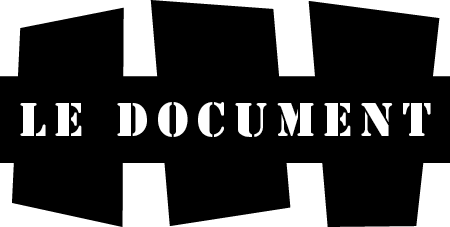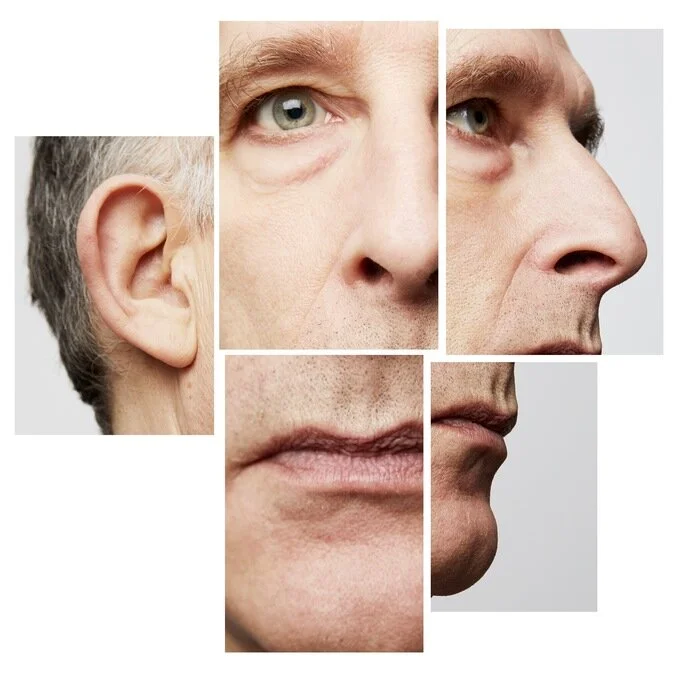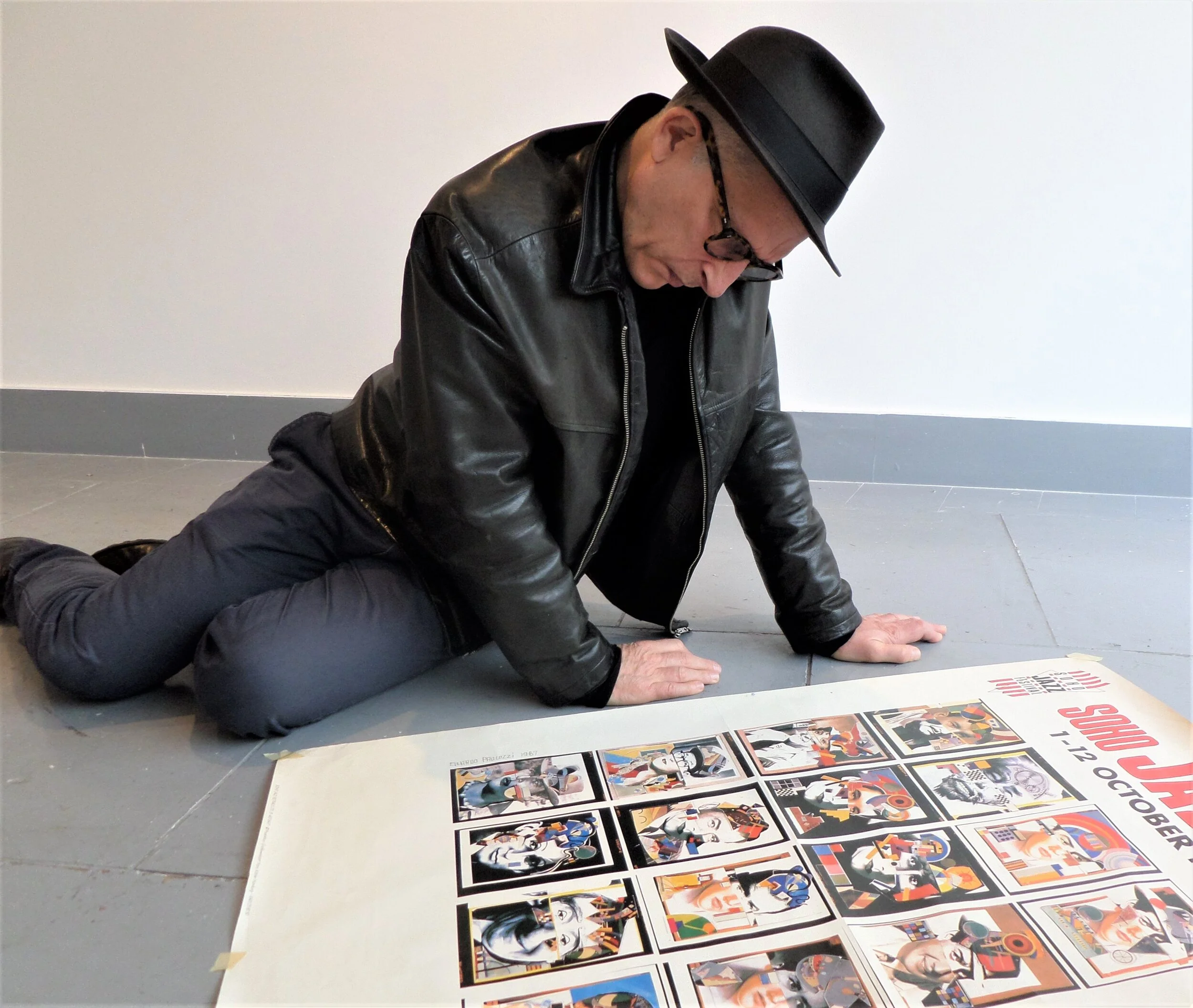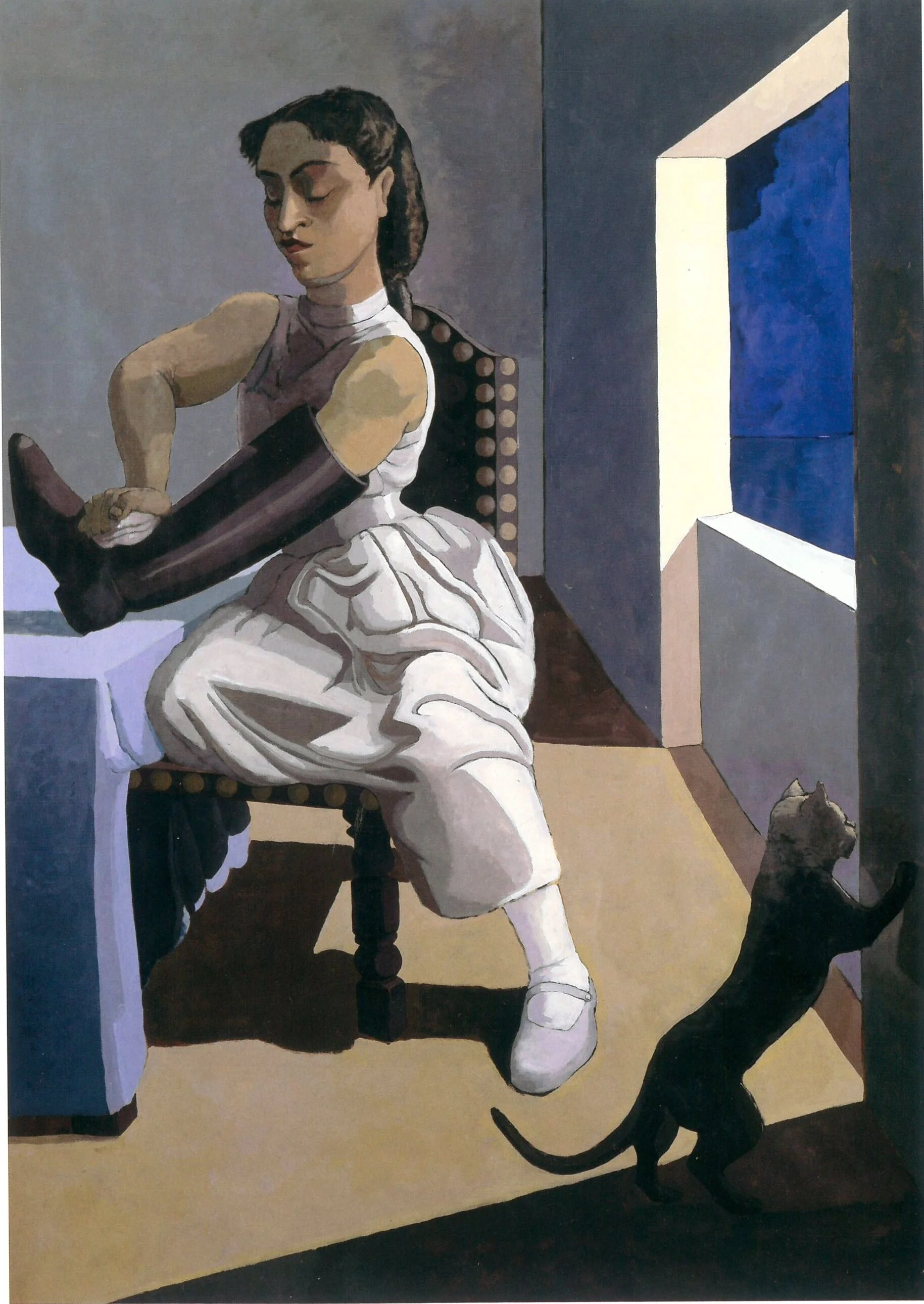Nick Revell
The marvellous Nick Revell started performing stand-up in 1980 at The Comedy Store, where he later became a regular M.C. We at Le Document became fans in the late 80s after seeing him on Chanel 4 shows such as; Friday Night Live and Just For Laughs and we agree with The Guardian that Nick is “consistently excellent.” Decide for yourself by listening to his hit BBC radio show, Broken Dream Catcher here.
Le Document (LD) When you started doing stand-up there was a whole mob of fellow alternative comics doing their act to audiences of young people who were very anti-Thatcher. Although a month or so ago you wrote on Twitter, “I'm no virologist, but it seems to me the main problem is the Etonian Variant” and it got a fantastic response, is there a feeling that Boris & Co are a harder target than Thatcher and Tebbit?
Nick Revell (NR) Funnily enough, even in the early days of the alternative scene, there wasn’t really a huge mob of comics doing overtly political material. Some, certainly, but the common ethos of Alternative was as much about simply rejecting the mainstream, with the same vehemence as early punk rejected the rock establishment: not doing racist or sexist or ageist stuff, and doing only your own material.
There were broad political ideas underlying it all, but there were at least many surreal, experimental and downright bonkers acts as there were people doing topical satire. Sheer chaos and anarchy were a part of it too, on the best nights. The rejection of anything that had gone before often also included technique, which is, in fact, not really a good thing. I think we all hated slickness, because it was associated with superficial empty crowd-pleasing. But we learnt quite quickly that while cheesy slickness might not be attractive, on the other hand, a total absence of any technique or stagecraft at all got in the way of what you were trying to do. (I’m leaving the Comic Strip people out of that generalisation, because they all did have more stagecraft right from the off). Going back to the original question, there was – perhaps more in retrospect – a sense of being involved in something counter-cultural, regardless of whether you were doing jokes about the Falklands, or forcing magnetised ping-pong balls round the lid of a suitcase at gunpoint while dressed as a clown’s idea of a secret policeman. That felt just as important.
I don’t think the targets are any harder now. In fact, I think they are probably easier. Mind bogglingly so! Corruption, cronyism, blatant lying, staggering incompetence, actual law-breaking … What is different, is that at the moment nobody seems to care. Or not enough. In the 80s, even at the time, you could at least credit the government for acting according to consistent ideological principles, even if you found them horrific and repellent. And they at least paid lip-service to moral principles by being hypocritical, and covering things up. This lot don’t even feel the need to do that.
LD Were you proud to be seen as an Alternative Comic in your youth and are you wary of now being thought of as being a comedian who is “politically correct” or “woke”?
NR Definitely proud to be considered an Alternative Comic, yes. And very pleased to have had the luck to be involved almost from the very beginning. Those labels you mention are of course, lazy, reductive slurs and wouldn’t bother me personally. Equally, I wouldn’t take them as a compliment. It’s not just the Right who embrace that kind of device to replace or discourage critical thinking, either, is it?
LD Did you ever appear on the same bill as Pat Condell back in the day? Mr Condell has a huge following on social media he gets cross when people say Tommy Robinson is right wing or when people claim Boris Johnson was wrong to see women in burkas look like letterboxes. Do you have memories of when Pat was a stand-up or did your paths never cross?
NR I was on the same bill as Pat many many times. He was an excellent stand-up. I don’t understand how he’s arrived at his present perspective on things, and unsurprisingly, I disagree with him massively. (To put it mildly). I haven’t seen him for a few years, but we are still friends and I always enjoy his company. He is a big fan of my stuff, too, even though we see eye to eye on very little. (I say that to emphasise that he is not the closed-minded person many might perceive him as.)
As a general principle, I think it’s important not to cut off communication with people automatically just because their opinions are very different or even repulsive to you. That said, I also think there is a point where sometimes, regrettably, you do have to ostracise people. But fundamentally, I’m interested in how people end up thinking and writing so differently. Even if it sticks in my throat sometimes even to engage in the dialogue or just listen to the arguments. But that’s precisely why it’s really important to hear it. You don’t change people’s minds by ignoring them or not engaging at all. That said, there are some people who are plainly mad, not just of different opinions. Those, I have cut off. But Pat is not one of them.
LD You’ve always seemed to have a great ability at doing accents – are there any accents you struggle with — do some accents tend to get bigger laughs than others?
NR I’ve never really worked that hard at them. It’s more of a device to get colour and variety into the delivery, and hopefully make the characters and situations more graphic. But thank you.
LD You and Andy Hamilton wrote 37 episodes of The Million Pound Radio Show do you look back fondly on that collaboration and are you still friends with Andy Hamilton?
NR I do look back fondly on it. Andy is a genuinely top-level comic talent and as well as being brilliant he is always fun to work with. (I also did several series of the sitcom Drop the Dead Donkey with him). He was a few years senior to me and I have learnt a great deal from him. Not just professionally. We still see each other pretty regularly, yes.
LD What subjects are off limits — what topics do you steer clear off?
NR No subject is off limits. It all depends how you treat it. That said, you always have to be mindful of how some people are incapable of seeing a difference between using humour to responsibly examine a sensitive issue, and simply using it for laughs. This is usually down to stupidity, but can also be caused by self-righteousness or a lazy expectation that comedy should always be easy and comfortable and unchallenging. This problem is not restricted to any particular section of the political spectrum. My rule for dealing with sensitive subjects – you have to have enough conviction in why you are doing the joke that you can say it with a clear conscience in front of people directly affected by the issue. I don’t mean you would necessarily expect them to laugh, but you need to know you are not doing it just for a cheap sick laugh. Well, that’s my opinion. Obviously, some comics thrive on causing offence. I’ve never liked to walk the edge just for its own sake. And more and more, I like the challenge of addressing sensitive issues in ways that don’t polarise the audience. It’s much more satisfying.
LD Which routines or lines did you write for Jasper Carrot and Dave Allen? Were they fun people to work with? Have you met any comedians who were miserable company?
NR I wrote loads of topicals for Jasper Carrot. Not much direct contact. Dave Allen was different. About four of five of us would meet, round at Dave’s house, every few weeks, late morning. He would have topics and rough ideas. We would talk, riff, make notes. Have lunch. Talk a bit more. After lunch, repeat. Everyone would chip in, everyone would make notes, everyone would write up the notes afterwards and send them to Dave. The final routines would be entirely in his voice, but you could see the general input of the writers, and maybe even the occasional specific individual moment. It was a thoroughly fantastic writing process.
Any comedians who were miserable company? Well, I think there are plenty I’d sooner avoid. And no doubt that feeling is mutual. But not exclusively because they’re miserable.
LD What is the punchline to your favourite joke?
NR And for seven shillings and sixpence, your dead relatives will speak to you through me while I am drinking a glass of water.
LD A critic recently described what you do as “a sort of Jackanory for grown ups” – how would you describe it?
NR I really like that description. I’m more interested in telling long complex stories now, rather than a collection of bits. Magical realist satire, maybe …?
LD What do you feel optimistic about?
NR Nothing at all. Although weirdly, I suppose somehow I must feel a shred of a possibility that there might be grounds for optimism at some point in the future, or I wouldn’t have quit smoking.
LD What books are currently by your bedside?
NR It;s a big pile, which means I’m in a chaotic phase: two books on Chinese martial arts; a volume of Sam Shepard plays, and four books of poetry – The Spirit Level by Seamus Heaney, The Voice of Sheila Chandra by Kazim Ali, and two volumes by Oliver James Lomax, who I met at the Laugharne Festival a few years ago, and whose work I really really like.
LD Do you write material for your shows and projects every day?
NR Yes, except when I enforce a break on myself. Like at the moment, where I’ve just finished several things, and need some distance before I do rewrites. It’s important to do nothing from time to time, but I don’t find it easy, to be honest. The football helps.
LD Are all your comic heroes house hold names? Do you have any heroes who aren’t well known?
NR There’s lots of comedians I greatly admire for their talent. But heroic is a different thing. I’d apply that to all the artists, not just comedians, who get banged up by their governments just for doing what they do. And then carry on when they get let out. Sadly that list is too long to put a list of names here. Check the English PEN Writers at Risk section on their website for a few examples. I’ll mention one, because I’ve met and worked with him – Zarganar, a Burmese comedian who has spent a lot of the last 30 odd years in jail.
LD In what ways are you a bad man?
NR Ha! Let me count the ways …
For more info: http://www.nickrevell.com/





